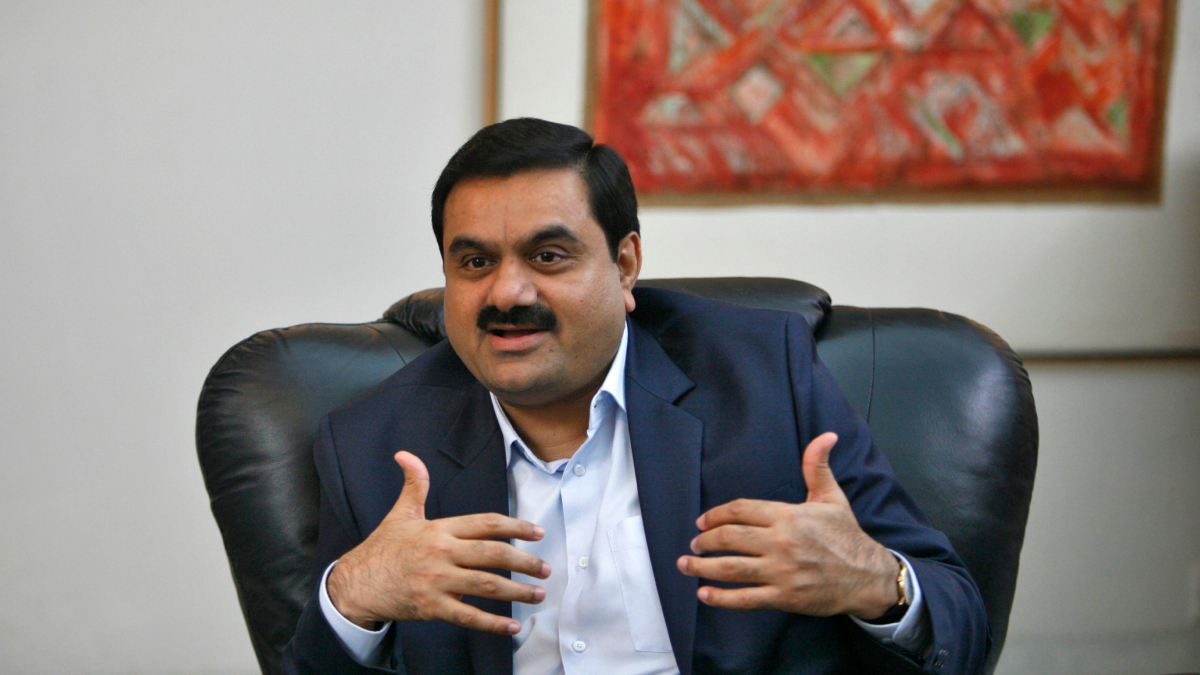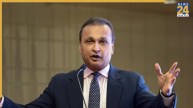Chairman of the Adani Group announced a groundbreaking investment exceeding USD 100 billion in energy transition initiatives during a recent address. This ambitious endeavor includes ramping up manufacturing capabilities to produce essential components crucial for green energy generation. The conglomerate plans to build solar parks and wind farms to harness sunlight and wind energy, alongside establishing facilities for manufacturing electrolyzers, wind turbines, and solar panels to support renewable energy production.
The Adani Group will produce green hydrogen by using electrolyzers powered by clean energy to split hydrogen from water, aiming to decarbonize the industrial and transportation sectors.
Addressing the ‘Infrastructure – the Catalyst for India’s Future’ event by Crisil, Gautam Adani emphasized the transformative potential of energy transition and digital infrastructure, identifying them as trillion-dollar opportunities set to redefine India’s global standing. Over the next decade, Adani Group intends to allocate over USD 100 billion to bolster its renewable energy value chain and expand manufacturing capacities.
The group also aims to pioneer the production of the “world’s most cost-effective green electron” through initiatives such as constructing the world’s largest single-site renewable energy park in Khavda, Gujarat. This park is slated to generate 30 GW of power, significantly contributing towards Adani’s target of achieving 50 GW of total renewable energy capacity by 2030.
Also Read: Success Story: Father Starts Company For Daughter’s Periods, Reaches 2 Crores In First Year
Adani highlighted the profound impact of the energy transition sector on the global landscape, citing projections that the global transition market will expand from USD 3 trillion in 2023 to nearly USD 6 trillion by 2030.
In parallel, India aims to achieve 500 gigawatts of renewable energy capacity by 2030, necessitating annual investments exceeding USD 150 billion and expected to generate millions of new jobs across various sectors.
Adani underscored the critical role of digital infrastructure, particularly data centers, in supporting advanced computational requirements for AI and other technologies. However, he noted the significant energy consumption associated with data centers, driven by escalating global demand and climate change impacts.













